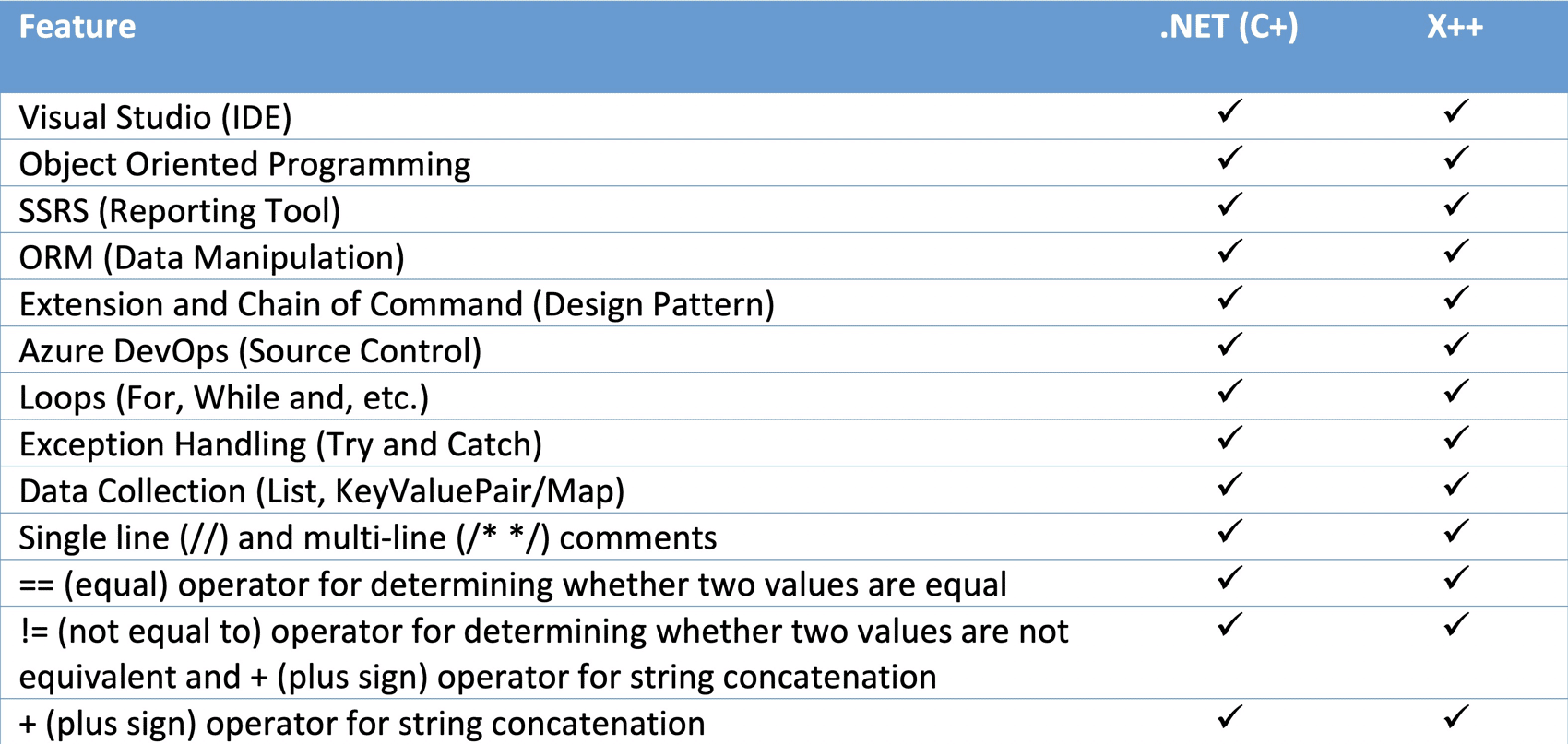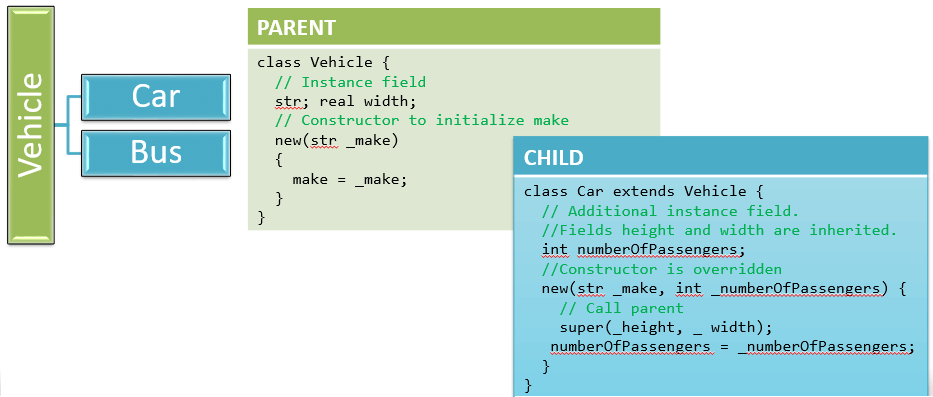How .NET developers can expand their careers in Dynamics 365 Finance and Operations

Microsoft Dynamics 365 for Finance and Operations is a Microsoft Enterprise Resource Planning (ERP) system for medium to large organizations. The software part of the Dynamics 365 product line is a cloud-based business application supporting processes for supply chain, financials, sales and purchase orders, inventory, production, and distribution.
Released in November 2016, the platform supports Azure-based deployments and web-browser clients. Visual Studio is the primary IDE for Dynamics 365, replacing previous platform and framework releases of the software, known as Microsoft Dynamics AX. Previous options included on-premise deployments, a Windows-based client, and MorphX development tool.
In recent years, Microsoft Dynamics 365 Finance and Operations has seen major market growth. With more companies opting for the software, this has resulted in a higher demand for technical consultants and developers. The latest platform of Microsoft Dynamics 365 for Finance and Operations is built on top of .NET, opening up opportunities for .NET developers to explore their careers in one of the biggest ERP software systems used today. There are numerous opportunities for any .NET developer in Dynamics 365 Finance and Operations because of its cross-platform integrations and compatibilities. These include PowerApp, JavaScript-based mobile applications, Azure Service Bus, Office 365, Power BI, SSRS, Workflow and Plugins, all of which go beyond simply personalizing the layout of the out-of-the-box screens.
We will explain how the newest Finance and Operations platform can enable .NET developers to expand their careers in working with X++.
How .NET developers can use Finance and Operations to expand their skill sets
In working with Dynamics 365 Finance and Operations, the first step is to understand the mechanics of its native development language, X++. This is where previous experience in .NET development will be useful. X++ is an object-oriented language and is very similar to C# in syntax. The following chart outlines some similarities between C# and X++:

As mentioned earlier, Visual Studio lets you edit the source code of Dynamics 365 Finance and Operations using X++, with inheritance, encapsulation, abstraction and polymorphism providing the foundation. The following is an X++ example of inheritance:

The flexibility of Microsoft Visual Studio allows developers to make customizations to Dynamics 365 for Finance and Operations through editing the source code. The similarities that exist between C# and X++ enable developers with knowledge in C# to develop using X++.
Join Rand Academy to accelerate tour development career
At Rand Group, our Rand Academy provides career growth and learning opportunities for .NET developers interested in joining our Dynamics 365 Finance and Operations technical team. For more information about career opportunities, visit our careers page.
Justifying the Cloud to the C-Suite
There are multiple possibilities when it comes to strategies for migrating to the Cloud. It may be a choice between rehosting your apps by shifting them to Azure or rearchitecting them and adding new capabilities or rebuilding them. Whatever the reason, it’s important to be armed with the right information if you are approaching your executive team. Here’s what to focus on, when presenting a cloud strategy to your management team.



